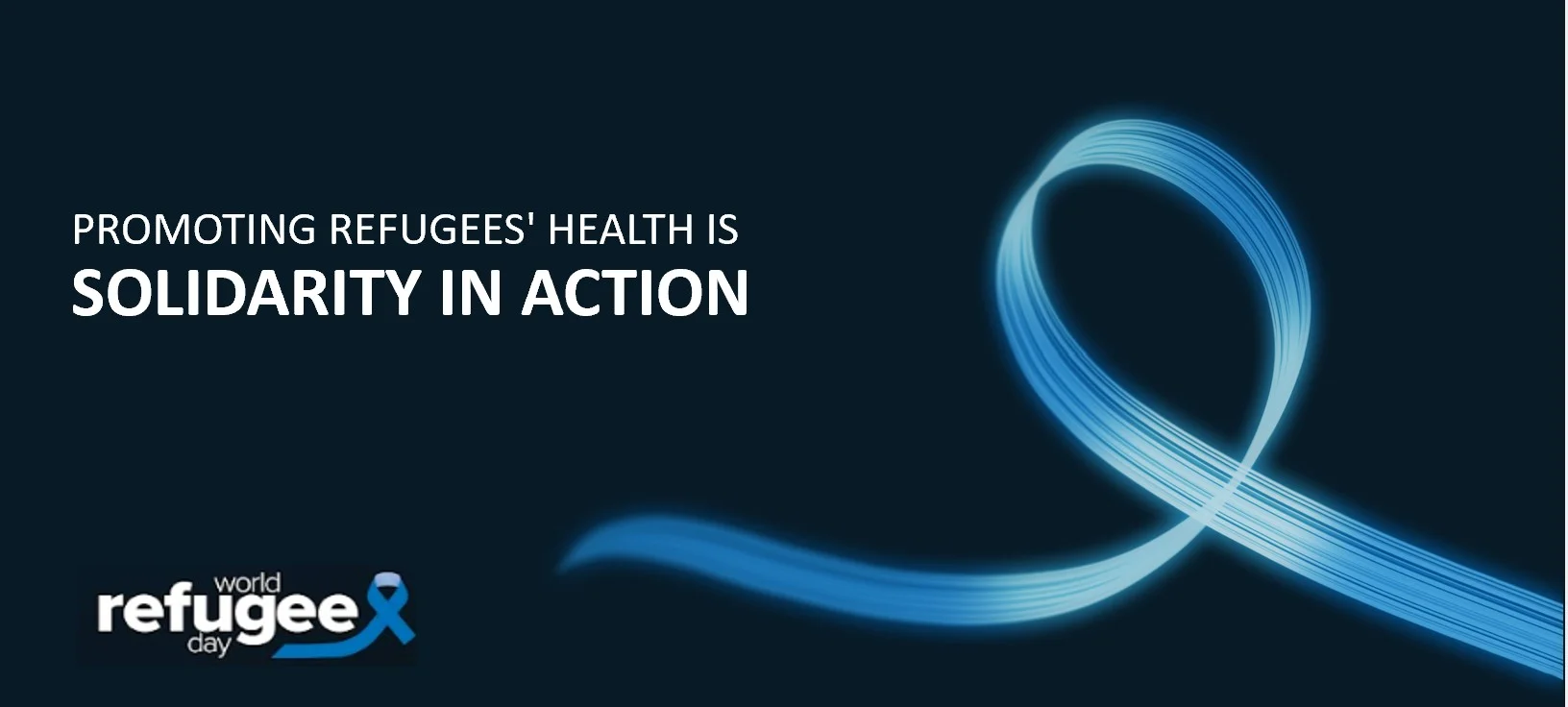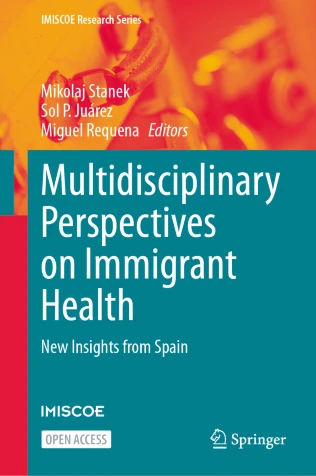World Refugee Day 2025
Published in Social Sciences, Public Health, and Economics

According to UNHCR’s annual Global Trends Report there were 122.1 million forcibly displaced people by the end of April 2025. The main drivers of displacement remain large conflicts like Sudan, Myanmar and Ukraine, and the continued failure to stop the fighting.
World Refugee Day on June 20th is the main day of Refugee Week, taking place annually from the 16th to the 22rd of June. The date was established by the UN in 2001 and today it is marking a decade of year-on-year increases in the number of persons asking for refugee status, forced to flee their homes.

This year’s UN theme “Solidarity with Refugees,” calls for urgent action to strengthen inclusive, resilient health systems that leave no one behind. At a time of global uncertainty, with international regulations challenged, the number of forcibly displaced people by war, conflict, persecution and climate is at a record high. Brutal aid funding cuts is putting millions of lives at risk, and acting in solidarity with refugees is vital.
Solidarity means honouring their complex stories and identities without defining them as victims, and helping their skills to flourish, their fresh ideas to foster innovation and creativity. Providing humanitarian corridors and life-saving protection for those forced to flee, is one first urgent step, but once they relocate, refugees need access to housing, healthcare and work opportunities to be active members of the communities they join. By providing for their families in dignity, they are contributing to the communities and countries that host them.
This blog presents recent Springer Nature OA and hybrid recent content relating to refugees, echoing the UNs SDG3 goal of global health equity: Ensure healthy lives and promote well-being for all at all ages. Specific SDG 3 targets are all crucial to refugees: we invite the scientific community to raise awareness in policymakers to spur global efforts, and secure funding for research.
Journal Articles:
Universal health coverage: challenges in refugees’ access to healthcare services are tackled in this 2025 article published in BMC’s Journal of Health, Population and Nutrition analysing of the Universal Public Health Insurance program for Afghan refugees in Iran.

Nature and Nature mental health offer related recent OA articles: a systematic review of protective factors in refugee mental health, a comment advocating for the way we understand collective trauma needing to change, in the threatening context of globalised war and displacement, and the harm coming from withholding humanitarian aid to health and wellbeing.
![]()

Book Chapters:
2025 published Open access books and chapters offer insights on healthcare services for immigrants as in the book “Multidisciplinary Perspectives on Immigrant Health” (focuses go from specific lessons learnt from immigrant healthcare in the Spanish region of Aragon to more general challenges in research on immigrant health in Spain).
Voices of refugees collected help in drawing a full picture, as in the OA chapter on views from Protection Seekers on accommodation in the Italian System, of the book “Between Protection and Harm” or in an OA chapter of the work “New Directions in South-South Migration”, relating the hard journey of Sub-Saharan African migrants stranded in Morocco, caught in the complex interplay of aspirations for a better life and the harsh realities of migration policies.
Some related subscription-based chapters have some free info as the work by law lecturer and author Matthew Davis: “Third Sector Organisations, Asylum Seekers and Refugees”, that includes testimonies from frontline staff on supporting migrants before and after the pandemic, and offers a timely examination and reflective practice with lessons to be learnt.
(Cover: © UNHCR/Ximena Borrazas, reproduced with permission) The story behind the photo: Zahraa, 12, sleeps on a suitcase at the Masnaa crossing point, on the Syrian side of the border with Lebanon, on 12 December 2024. She, her parents and siblings are internally displaced after fleeing Idlib in Syria, on 9 December 2024, the day after the overthrow of the government in Syria, because of violence and looting, and fear of unfolding events. “We are afraid. We are tired. I am afraid for my children,” says Zahraa's father, Abbas.






Please sign in or register for FREE
If you are a registered user on Research Communities by Springer Nature, please sign in